IP Protection of NFTs: A Comparative Look at the US and China
IP Tech Blog
JANUARY 4, 2023
In this blog post we examine how copyright is leveraged to protect NFTs, both in the US and China, with a comparative approach that elucidates both the challenges and potential solutions. For more details on the topic of design and the metaverse in China see our previous blog post. Ownership and Enforcement.

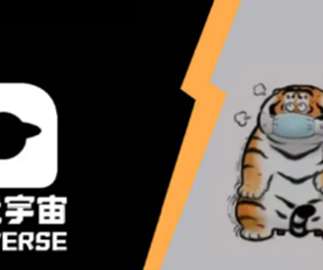
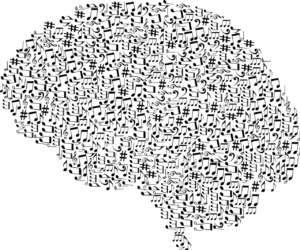
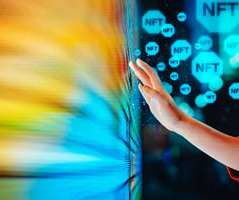
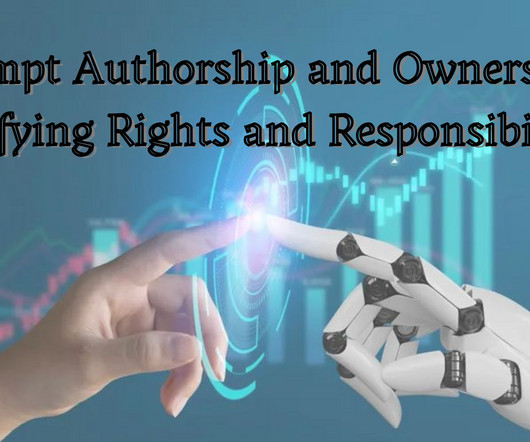

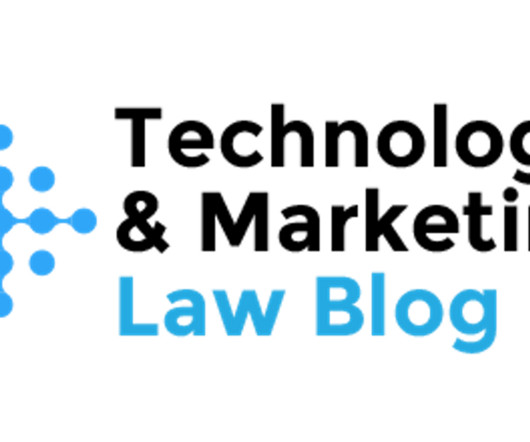
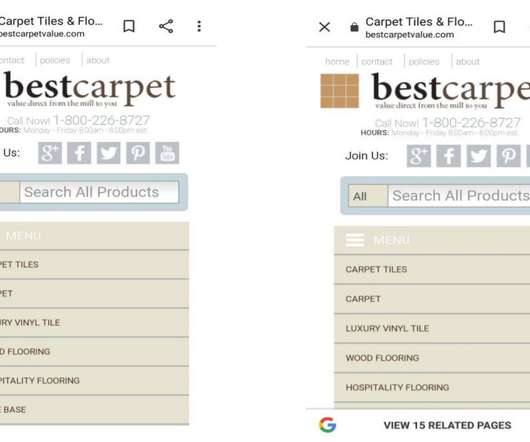
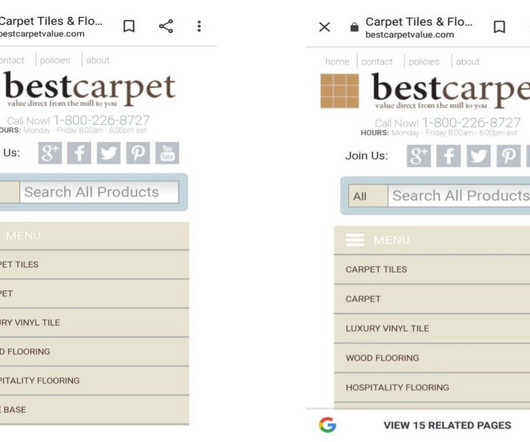
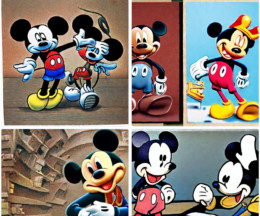

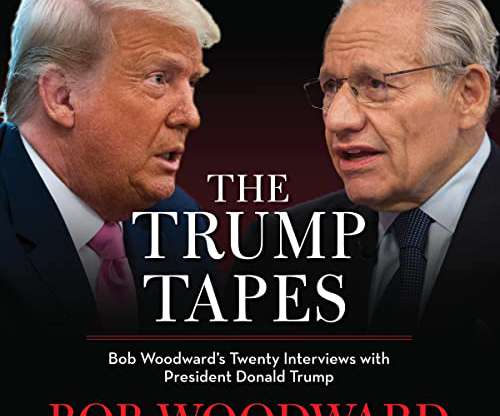







Let's personalize your content